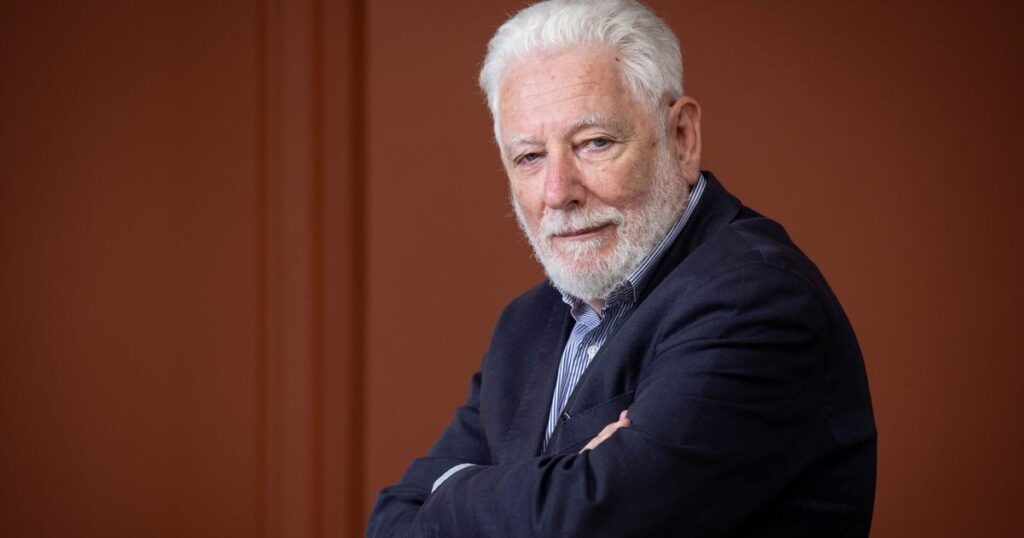MAINTENANCE –
The anthropologist draws parallels between the significance of the game in the communities of the Native Americans and our attitude to sport, which has become commercialized, unequal, and identity-based.
Is Sport a Game? is the title of a brief book. Robert Laffont, a professor at the Collège de France and the head of studies at the EHESS, discusses how the Western model of competitive sport came to be pushed on the rest of the world. In contrast to the merits of the game, which he learned about during his several visits with the Achuar in the Amazon.
LE FIGARO. – What is the difference between a game and a sport?
Philippe ESCOLA. –Within the context of the game, there is no indication that we will end up victorious over our rival. Competition is unavoidable in the world of sports. The object of the game is to keep two persons or two teams engaged in a spirit of friendly competition that does not lead to imitation of one another.
You write that the game is an end in itself…
When I was in the Amazon with the Achuar people, with whom I spent a lot of time, I noticed that it did not matter how many people were on each team when they played sports like football. It is different every time. The most important thing is to get the ball rolling. It doesn’t matter how many players are contributing because everyone is going after it.
Read more about the “massive” difficulty that the organizers of the Olympic Games 2024 face: protecting 10,500 athletes and 40 sites.
The game had a…
